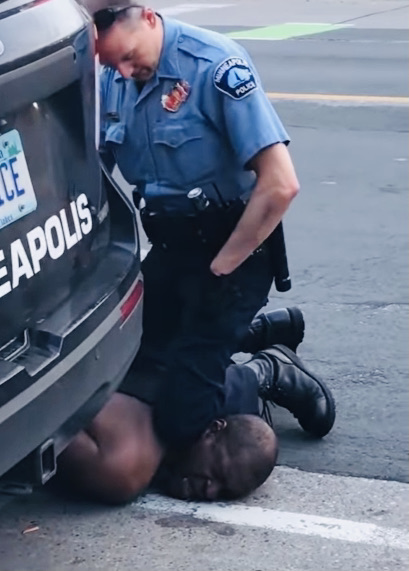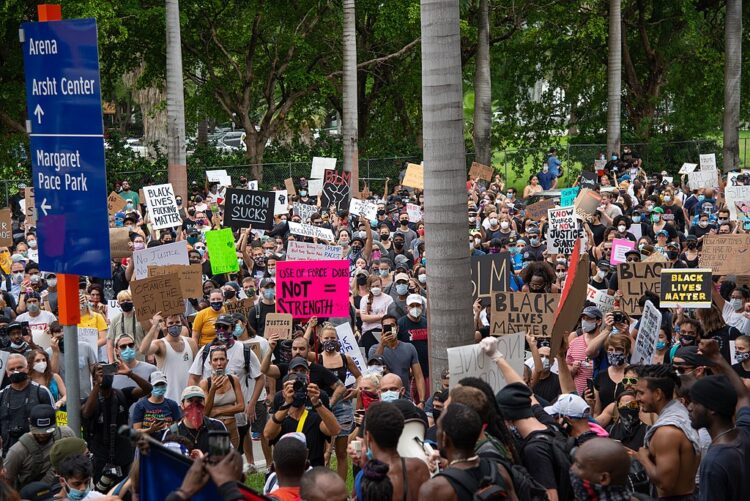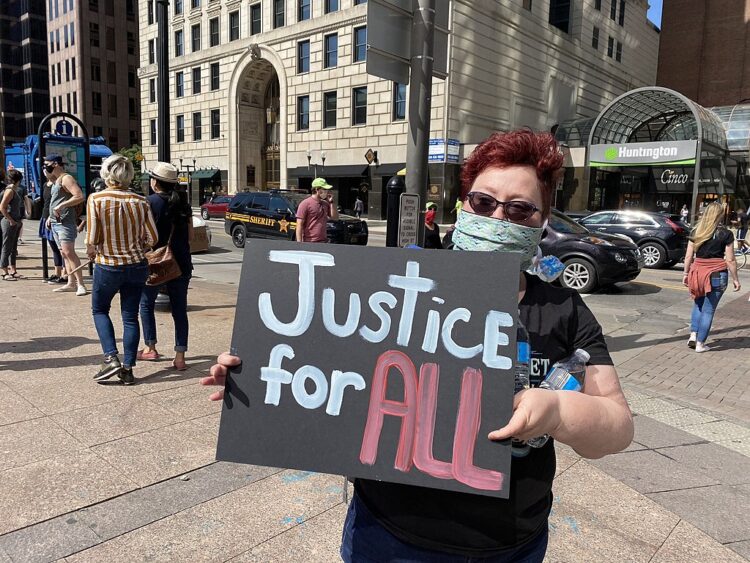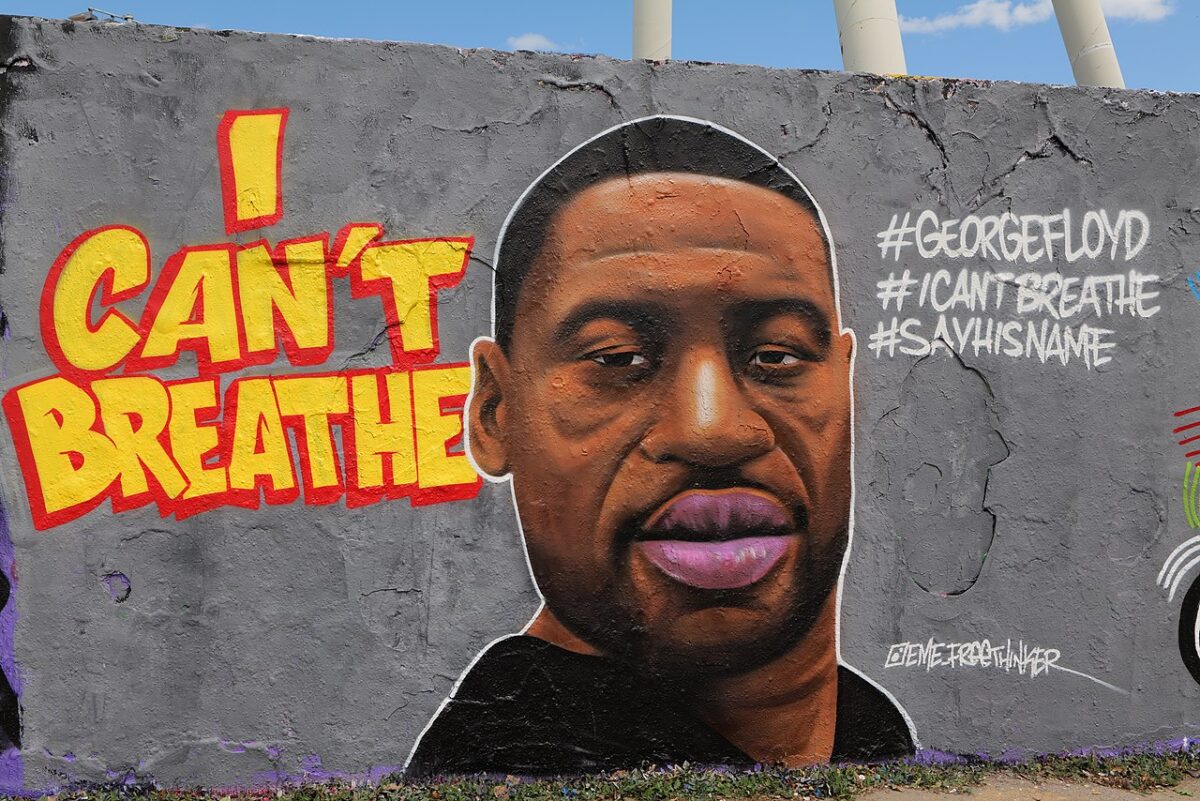Justice was served on April 20 when a jury in Minneapolis convicted the disgraced white police officer Derek Chauvin of the murder of African American George Floyd last May. Chauvin will be sentenced in mid-June, and in all likelihood he will spend the rest of his life behind bars.
Prosecutors categorically proved that Chauvin used unreasonable, even unnecessary, force to subdue Floyd, now an icon of martyrdom in the African American community. Desperately gasping for air as Chauvin pressed the weight of his knee on Floyd’s neck for nine minutes and 29 seconds, Floyd, 46, pleaded for mercy, realizing he was being strangled.
“I can’t breathe,” he said repeatedly, but to no avail.

Chauvin could have subdued Floyd by non-lethal means, as a parade of witnesses testified during his trial. But for reasons only best known to himself, Chauvin killed him in cold blood.
To Chauvin’s detriment, a 17-year-old bystander, Darnella Frazier, filmed the despicable event. “The world needed to see what I was seeing,” she said, expressing a view with which most people would agree.
If not for this incriminating graphic video, which proved beyond a reasonable doubt that Chauvin was guilty of three counts of murder and manslaughter, he may well have wriggled free. Precedent was in his favor. Since 2013, an average of 1,100 civilians have been killed annually by police in the United States. Sadly, a disproportionate number of them have been African Americans and Latinos.
Yet only one percent of the police officers in such cases have been criminally charged, leading to well-founded accusations that they enjoy a special kind of immunity.
The epidemic of police violence, which has scarred the American landscape for decades now, was bound to produce a backlash. In the wake of Floyd’s murder, peaceful protests on a scale that haven’t been seen since the heady days of the civil rights movement of the 1960s erupted across the country, with demonstrators calling for a long overdue racial reckoning. Unfortunately, some of the demonstrations were marred by common criminals looting shops and damaging property.

African Americans have made significant advances since the 1965 Voting Right Act, but much still remains to be done if the United States is to evolve into a truly egalitarian nation.
Since Floyd’s tragic death, this healing process has begun. Police departments have begun to introduce reforms designed to rein in violent and trigger-happy cops. Large companies have donated significant sums of money to racial equity causes. Public officials who have engaged in racist behavior have been reprimanded or have lost their jobs. Television ads, once virtually devoid of African American figures, have been amended to reflect the nation’s demographic diversity.
But it should be borne in mind that the path to real racial equality will doubtless encounter speed bumps, if not active resistance from modern-day nativists.
The white supremacist movement, which is diametrically opposed to meaningful change, appears to be growing. This poses a challenge not only to African Americans, but also to Jews, Asian Americans and Latinos. Meanwhile, state legislatures controlled by the Republican Party have tabled legislation to curtail voting access, criminalize protests and protect the police.
African Americans will inevitably learn that progress, if not managed and cultivated with care, can be beaten back by single-minded reactionaries.
Reconstruction in southern states after the U.S. Civil War was systematically demolished and replaced by the segregationist Jim Crow system, which relegated African Americans to second-class citizenship. In France, Germany and Italy, laws enacted in the 18th and 19th centuries to emancipate its persecuted Jewish citizens came under attack or were revoked altogether under the impact of the Dreyfus affair and the rise of fascism and Nazism.
As the George Floyd affair illustrates, African Americans are still singled out by rogue police for mistreatment. Yet Chauvin’s conviction proves that the unacceptable status quo may be crumbling and that better days may lie ahead for Americans of color.

